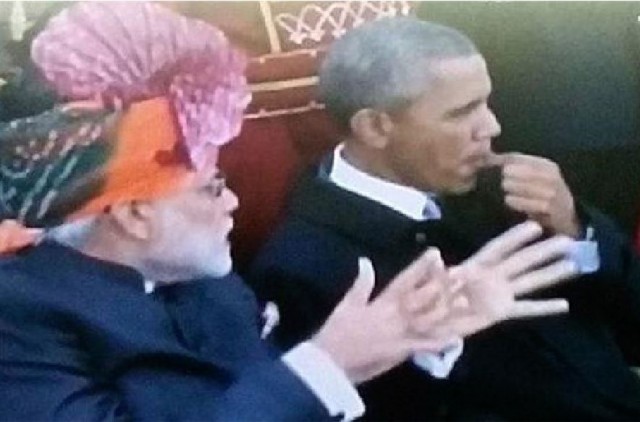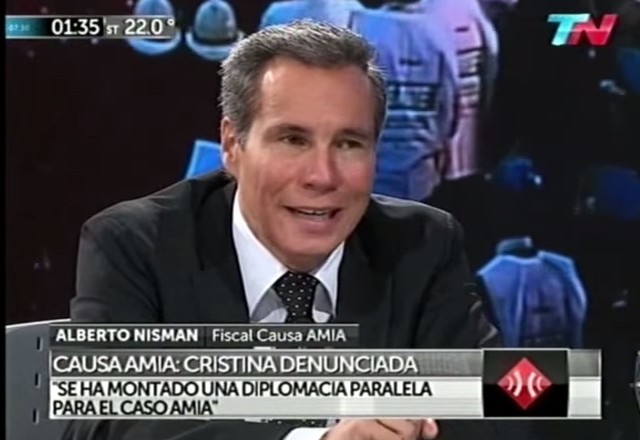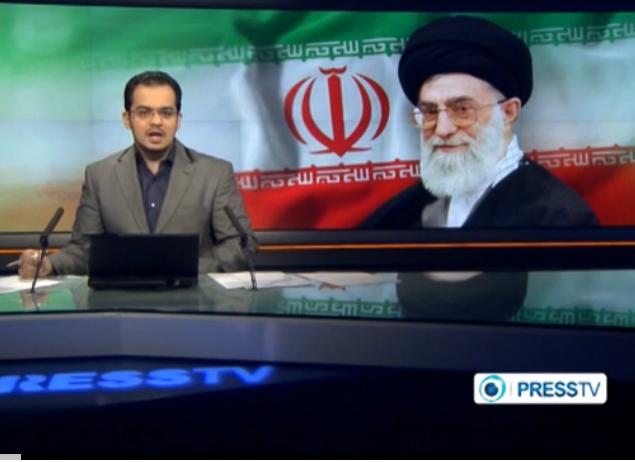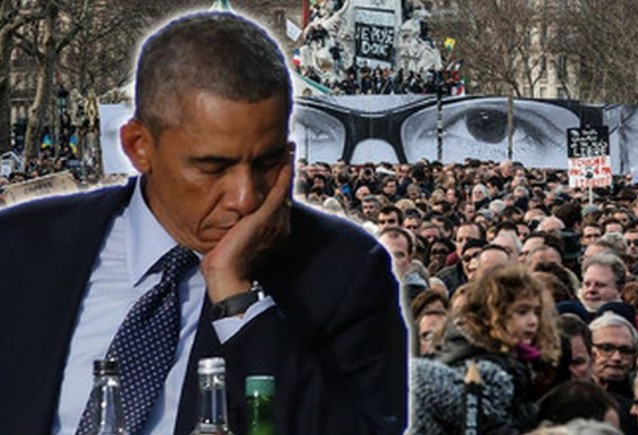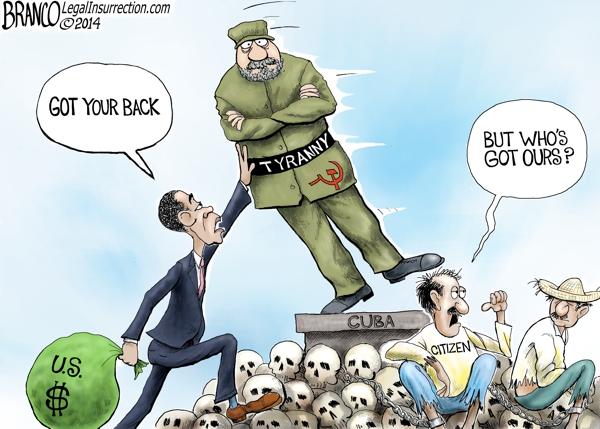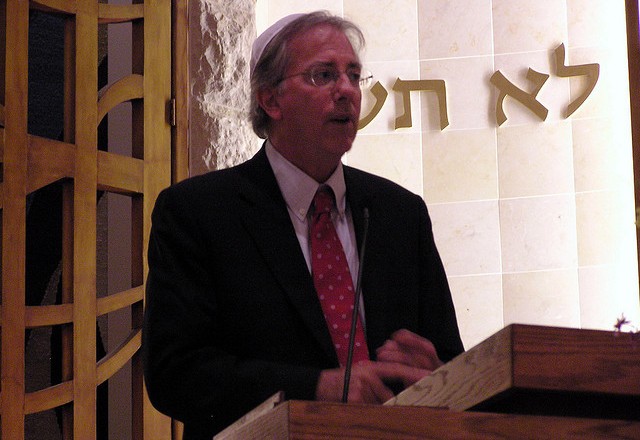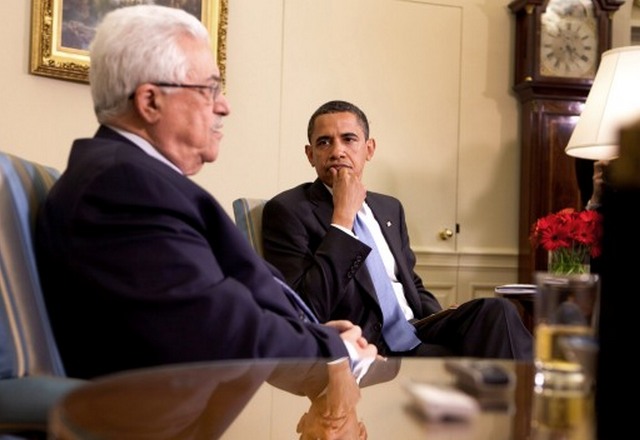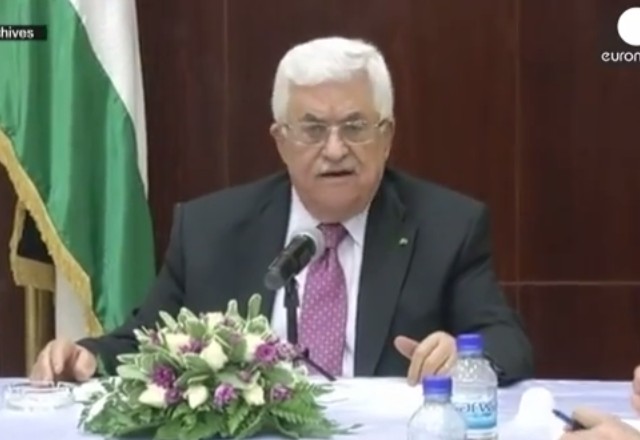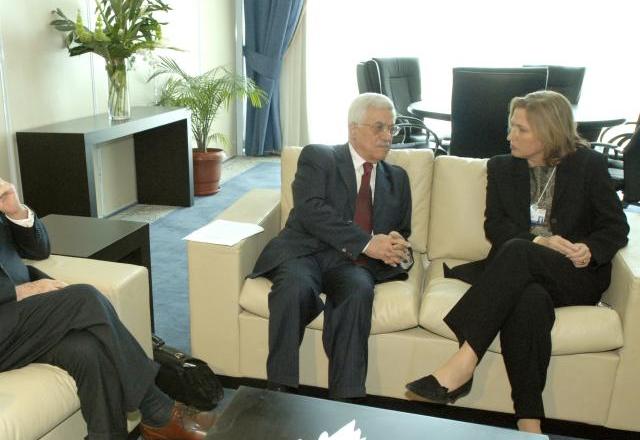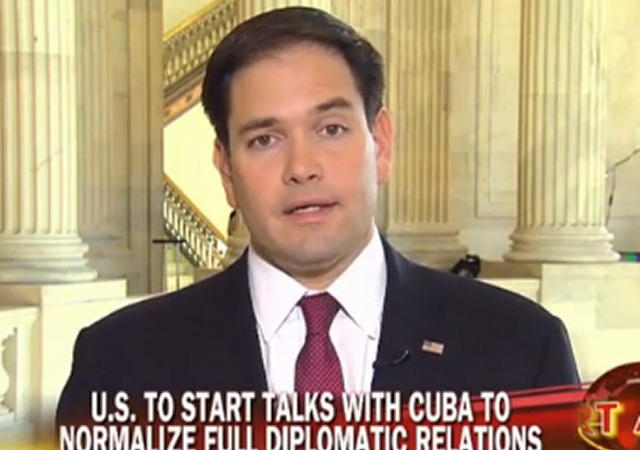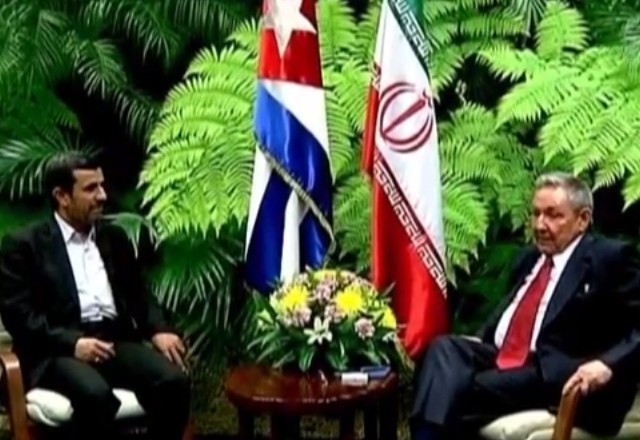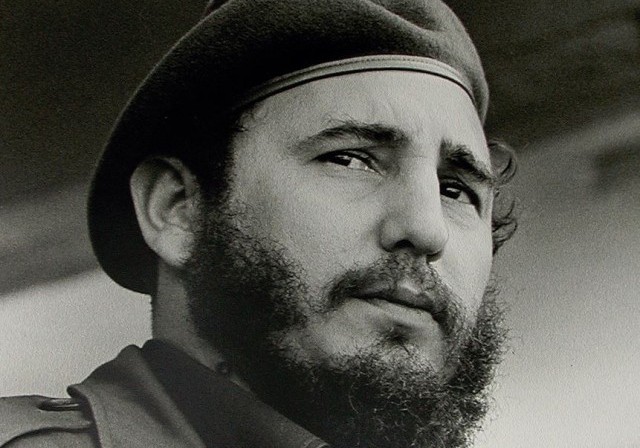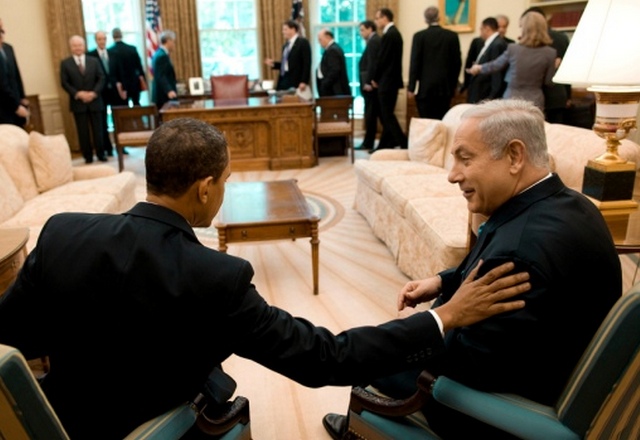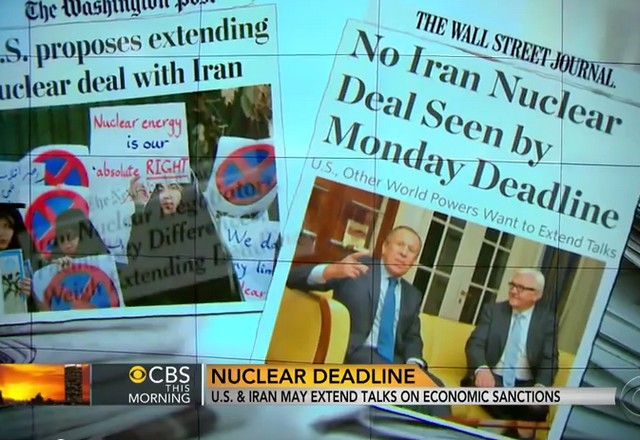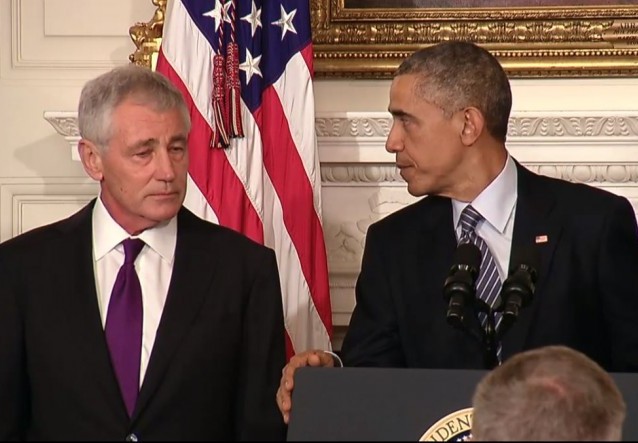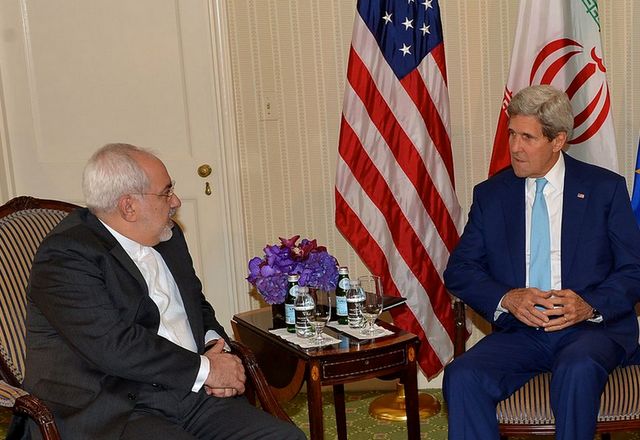An editorial in The New York Times today about the ongoing P5+1 nuclear talks with Iran
warns about the dire consequences of the two sides not reaching an agreement.
The consequences of failure to reach an accord would be serious, including the weakening of President Hassan Rouhani of Iran and his foreign minister, Mohammad Javad Zarif, who count as moderates in Iran, and who, like President Obama, have taken a political risk to try to make an agreement happen.
That would be terrible. Rouhani and Zarif would be weakened! Or would it?
How much political power does Rouhini have anyway? And if they have any real political power, how moderate are they anyway?
As far as the first question, well, they don't call Ayatollah Ali Khamenei
the Supreme Leader for nothing. In an investigative report last year, Reuters showed that Khamenei using the organizations under his control has amassed a huge fortune by
property seizures.
David Daoud
recently wrote:
More importantly, the Rahbar [the Supreme Leader] effectively decides who will or will not be the public face of his rule—that is, who will or will not be the president of Iran. Khamenei selects the 12 members of the Shura-ye Neghahban (“Guardian Council”), which is tasked with vetting and approving presidential candidates based on their allegiance to the ideals of the Vilayat-e Faqih. The Western media often calls Iranian leaders like ex-president Mohammad Khatami and current president Hassan Rouhani “moderates” or “reformers,” but the Guardian Council’s policies render such a characterization absurd. No genuine moderate or reformist candidate can get through the Council’s dragnet. In effect, then, the vetting process and the Rahbar’s ultimate authority negate any possibility of material change in Iran’s foreign or domestic policies.
In other words not only is Rouhani not the ultimate power in Iran, he wouldn't have achieved even his limited authority unless he was a true believer in the system. Rouhani is only a "moderate" in that he's willing to talk to the West to achieve his goals, but his goals and views are identical to those of Khamenei.

